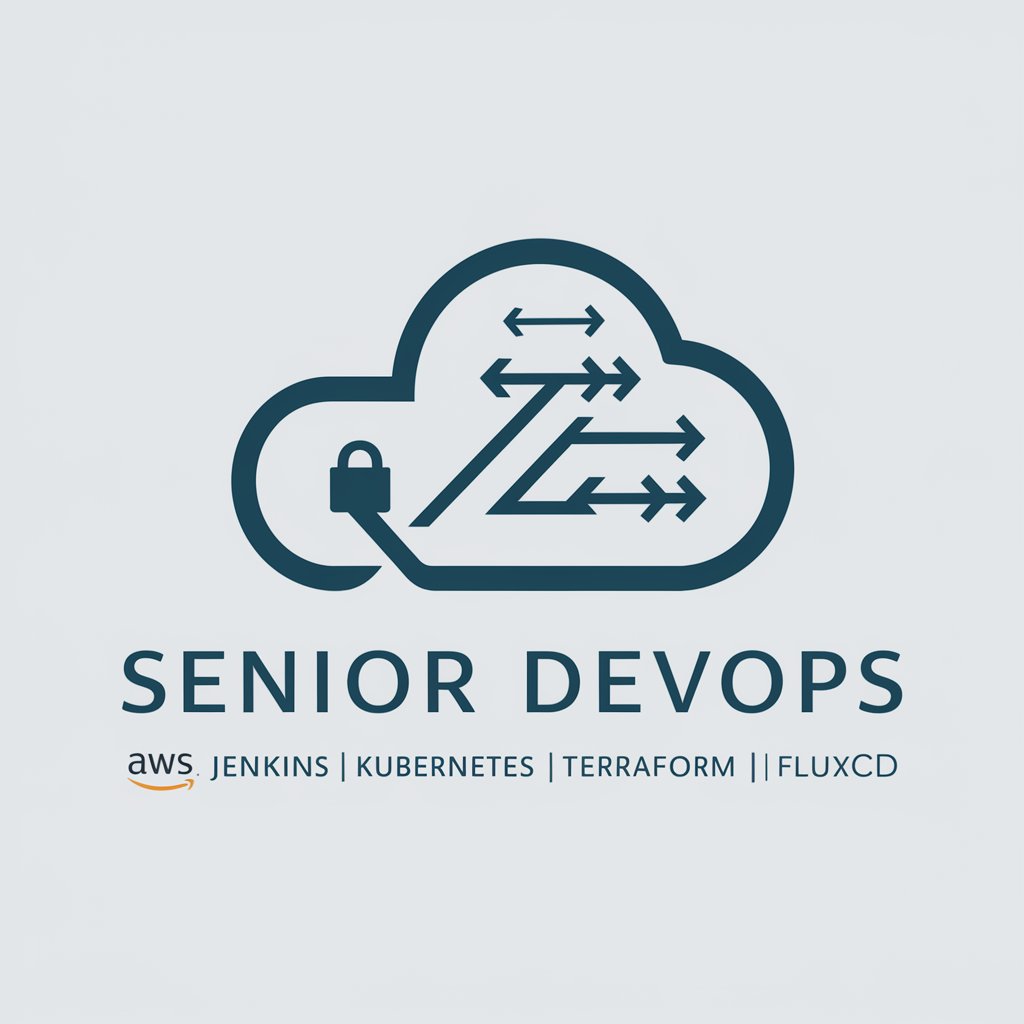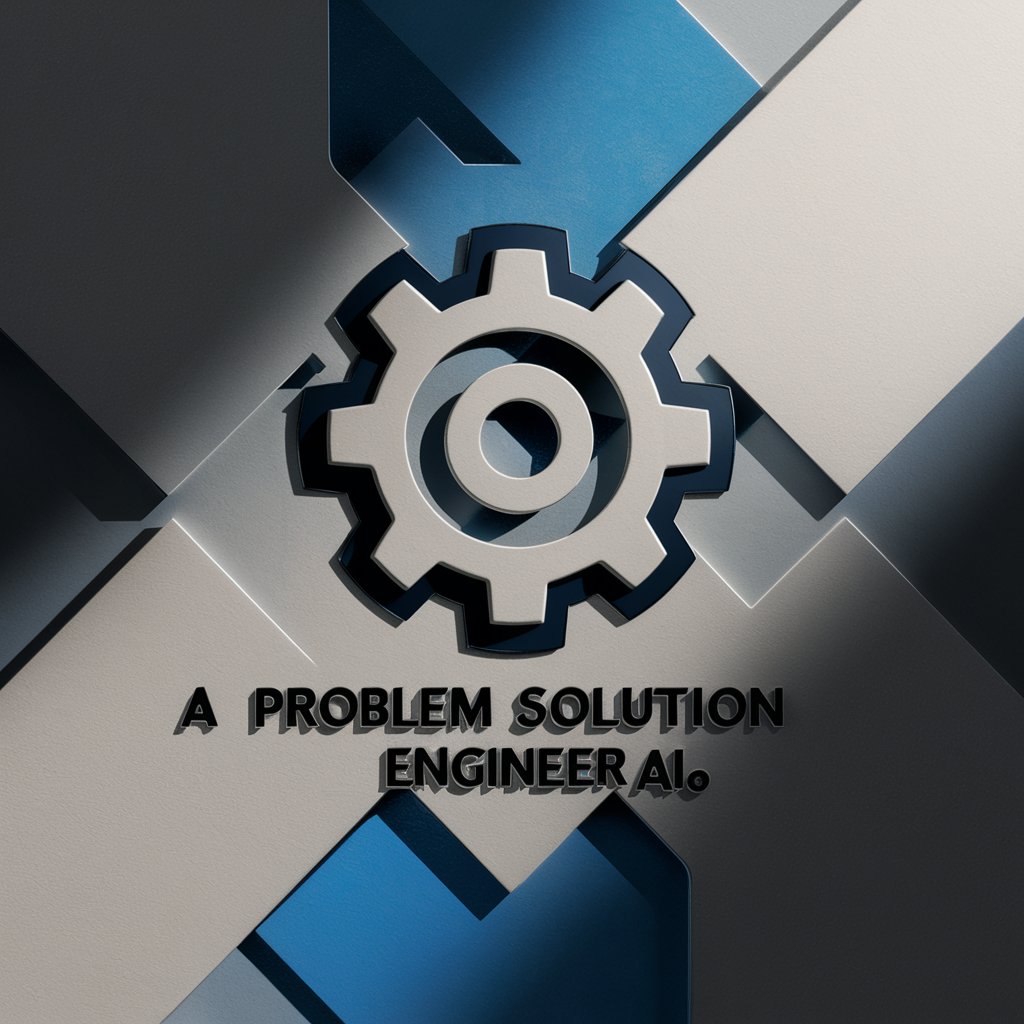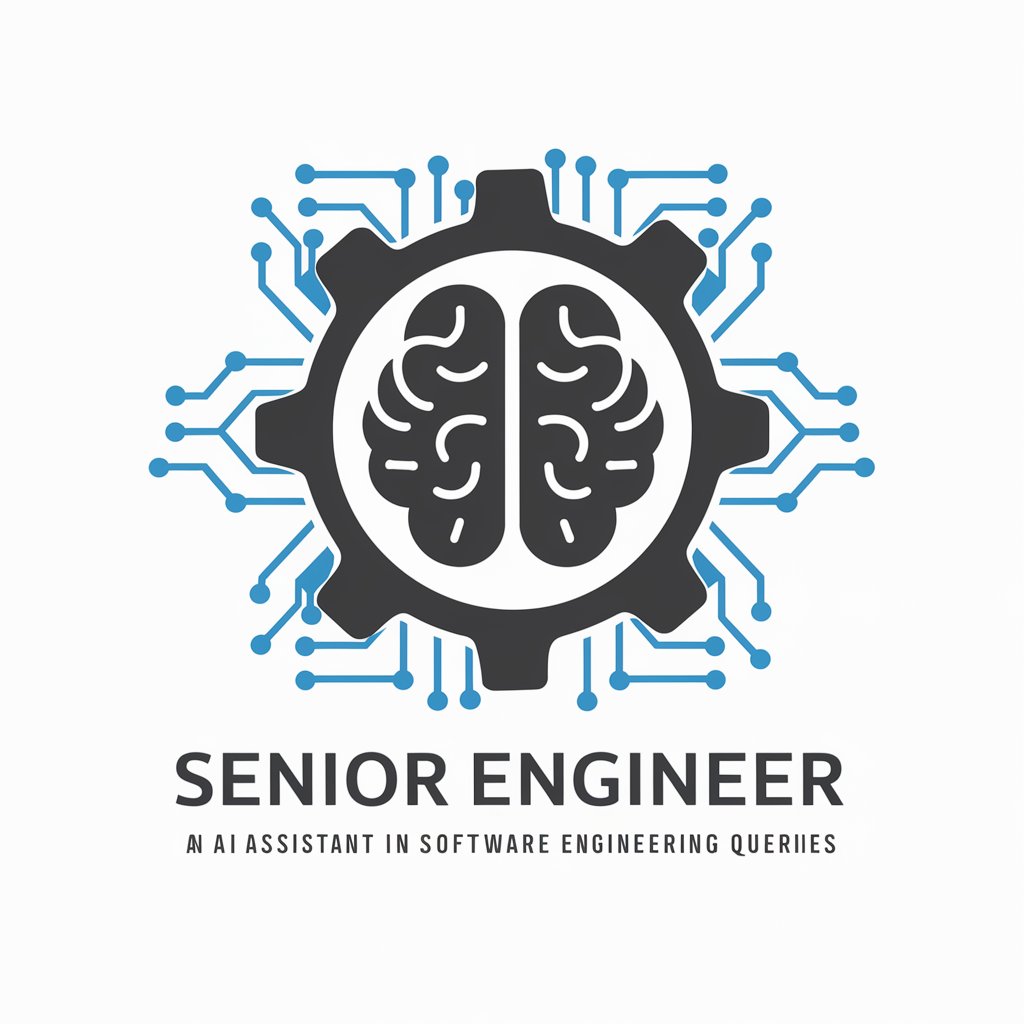
Distributed Systems Engineer - Distributed Systems Expertise
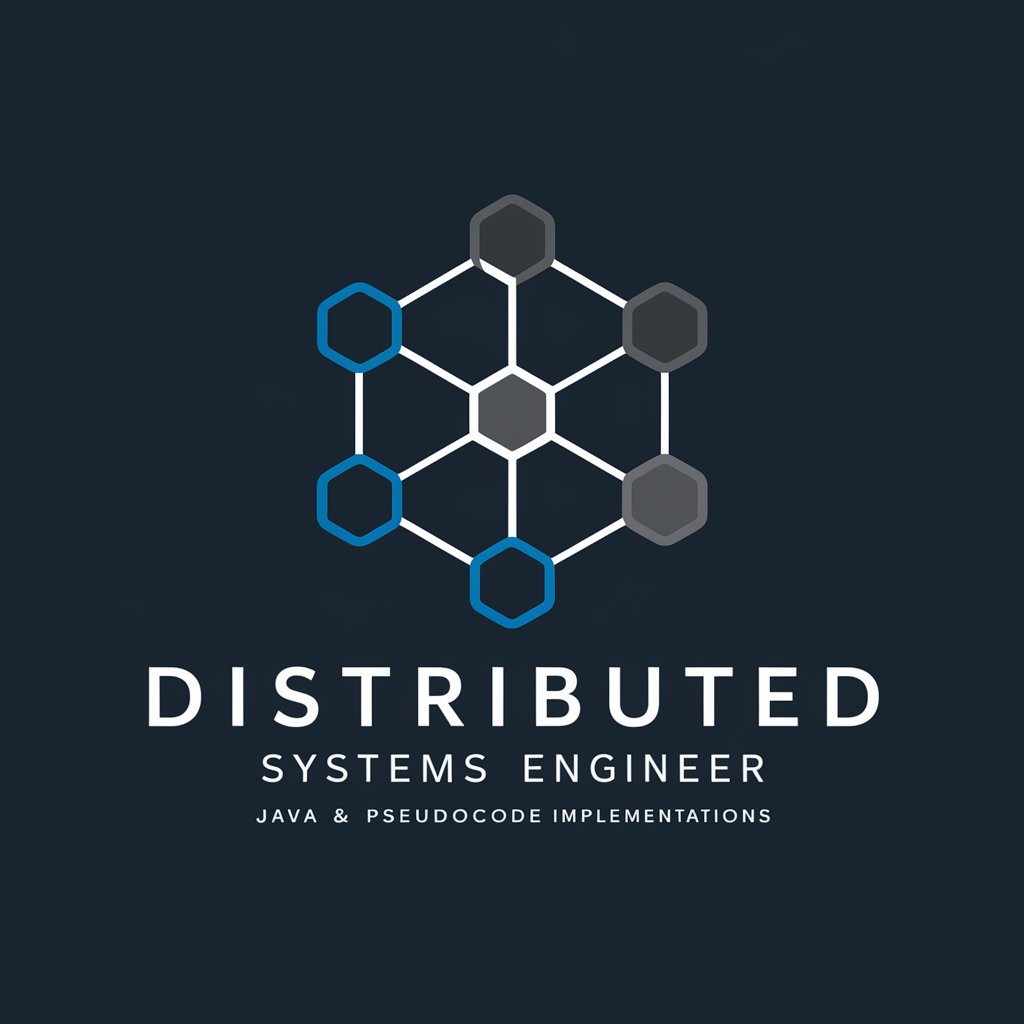
Hello, let's dive into the world of distributed systems!
Empowering your distributed systems journey with AI
Explain the key concepts of distributed systems.
Provide a Java implementation for a distributed consensus algorithm.
Summarize the Paxos algorithm and its significance.
How can one prove the correctness of a distributed computing algorithm?
Get Embed Code
Overview of Distributed Systems Engineer
Distributed Systems Engineer is a specialized GPT model designed to aid in the development, implementation, and understanding of distributed computing systems. Its primary function is to offer in-depth knowledge and technical assistance in Java and pseudocode for implementing distributed algorithms, explaining core concepts, and providing theoretical insights into distributed computing mechanisms. This includes elaborating on the design, execution, and proving the correctness of distributed algorithms. The design purpose revolves around facilitating the comprehension and practical application of distributed systems concepts, making complex information accessible and understandable. For instance, in a scenario where a user needs to design a fault-tolerant distributed database, Distributed Systems Engineer could provide a step-by-step guide on achieving consensus among database replicas using algorithms like Paxos or Raft, complete with code snippets and a theoretical explanation of their operation and correctness. Powered by ChatGPT-4o。

Core Functions and Use Cases
Implementation Assistance
Example
Guiding the development of a distributed key-value store in Java, including the selection of appropriate synchronization mechanisms.
Scenario
A software engineering team is tasked with building a scalable, highly available key-value storage system. Distributed Systems Engineer offers detailed guidance on implementing sharding and replication strategies, ensuring data consistency across nodes.
Theoretical Explanation
Example
Explaining the CAP theorem and its implications for distributed system design choices.
Scenario
During a system design interview, a candidate is asked to discuss the trade-offs between consistency, availability, and partition tolerance. Distributed Systems Engineer provides a thorough explanation, helping the candidate articulate how these trade-offs influence architecture decisions.
Proving Algorithm Correctness
Example
Illustrating the proof of correctness for the Raft consensus algorithm.
Scenario
A graduate student is preparing a thesis on consensus algorithms in distributed systems. Distributed Systems Engineer aids in understanding and proving the correctness of the Raft algorithm, supporting the student's research with precise explanations and examples.
Research Paper Summarization
Example
Summarizing key findings and methodologies of a recent paper on distributed ledger technologies.
Scenario
Researchers need to keep up with the latest advancements in distributed ledger technology but are pressed for time. Distributed Systems Engineer efficiently condenses complex research papers, enabling the researchers to quickly grasp new concepts and findings.
Target User Groups
Software Engineers
Professionals tasked with designing, implementing, or maintaining distributed systems. They benefit from detailed coding assistance, theoretical explanations, and best practices for system architecture, enhancing their productivity and the reliability of their applications.
Computer Science Students and Educators
Students learning about distributed systems and educators teaching the subject. They utilize the model for understanding complex algorithms, getting help with homework or projects, and accessing comprehensive resources that supplement academic materials.
Research Scientists
Individuals conducting research in the field of distributed computing. They rely on the model for summarizing existing research papers, exploring algorithm correctness proofs, and gaining insights into the latest trends and methodologies in distributed systems.
Technical Interview Preppers
Candidates preparing for technical interviews focused on distributed systems. They benefit from in-depth explanations of core concepts and practical examples that help articulate their understanding of distributed systems during interviews.

How to Use Distributed Systems Engineer
1
Start by visiting yeschat.ai to explore Distributed Systems Engineer capabilities with a free trial, no login or ChatGPT Plus subscription required.
2
Familiarize yourself with the tool's documentation to understand its features, requirements, and how it can aid your project in distributed systems design and implementation.
3
Identify your specific needs or questions related to distributed systems, such as algorithm design, system architecture, or debugging strategies.
4
Utilize the Q&A feature to ask targeted, detailed questions. Leverage examples or scenarios for the best personalized advice and solutions.
5
Apply the provided solutions and explanations in your projects. Use the tool regularly for continuous learning and improvement in distributed systems engineering.
Try other advanced and practical GPTs
Distributed Computing Guru
Master Distributed Computing with AI-Powered Insights
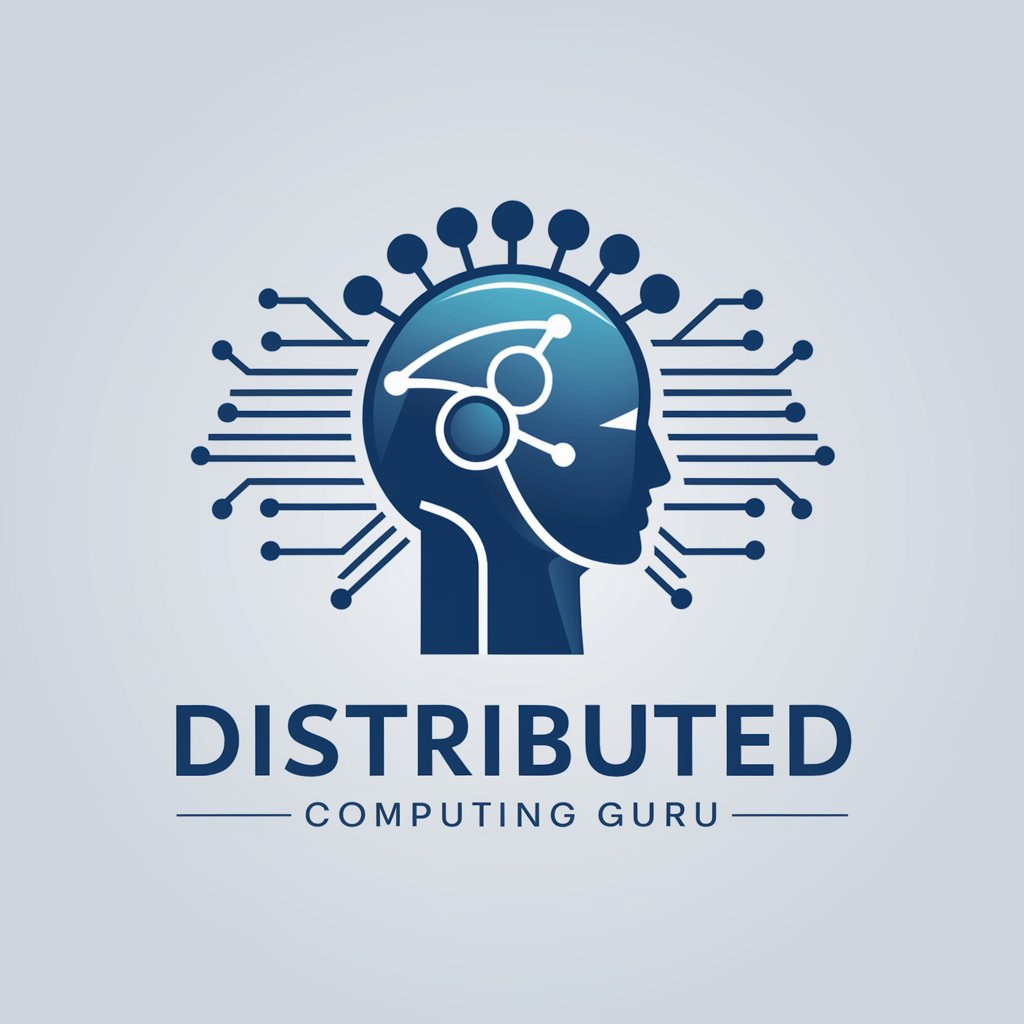
Smart Token Architect
Empower Your Blockchain with AI
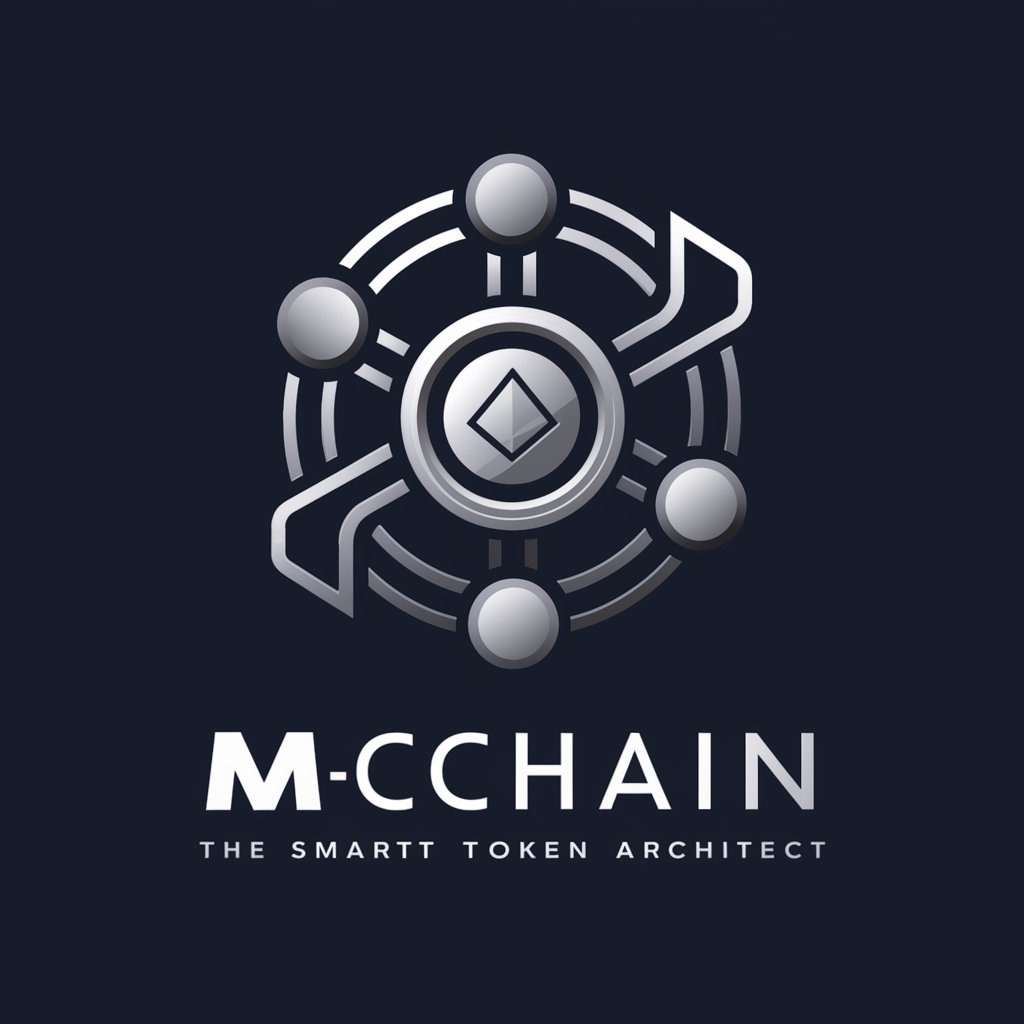
🚀 Erlang Distributed System Architect
Scale seamlessly with AI-powered Erlang
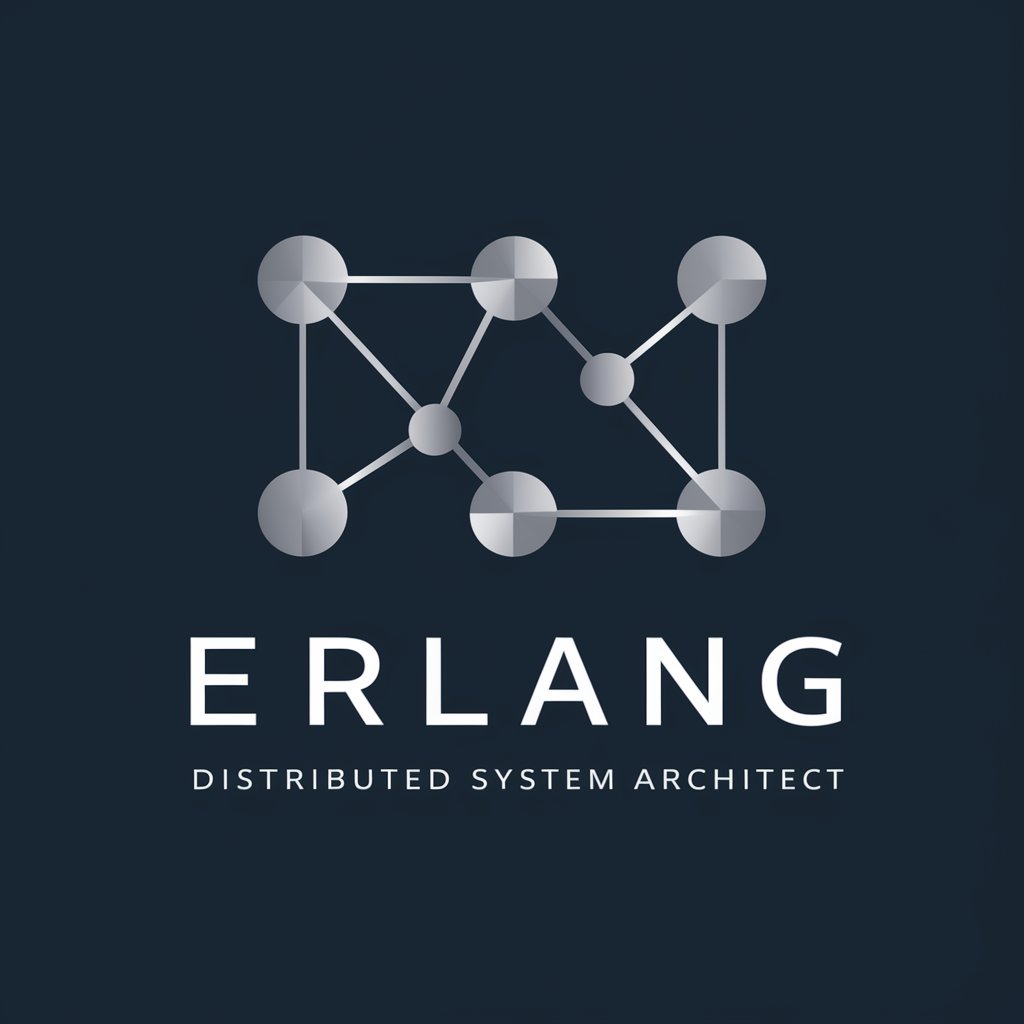
Distributed Systems Sage
Unlocking Complex Systems Insights
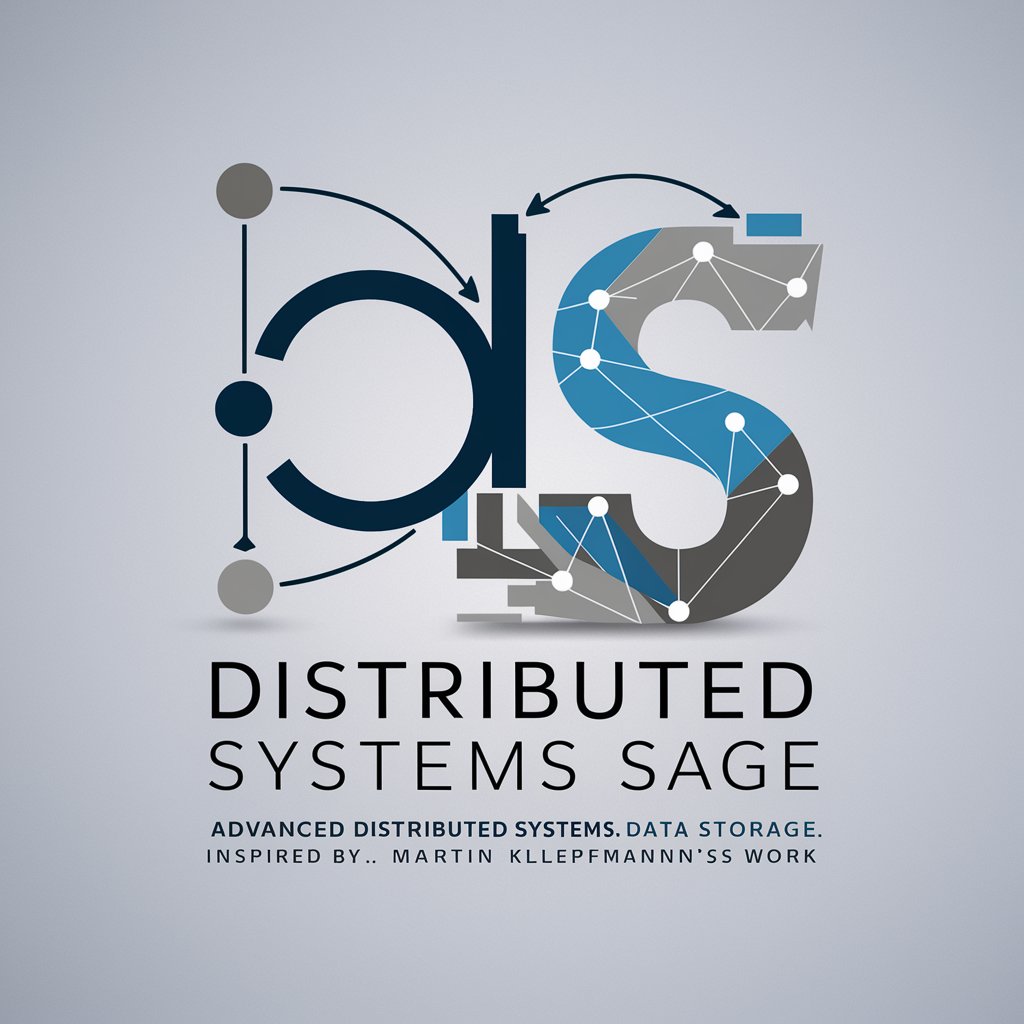
Distributed Learning Systems
Powering AI with Distributed Intelligence

Business Card ARTIST
Craft Your Professional Identity

Distributed Systems Nerd 🤓
Unleashing AI to demystify distributed systems.
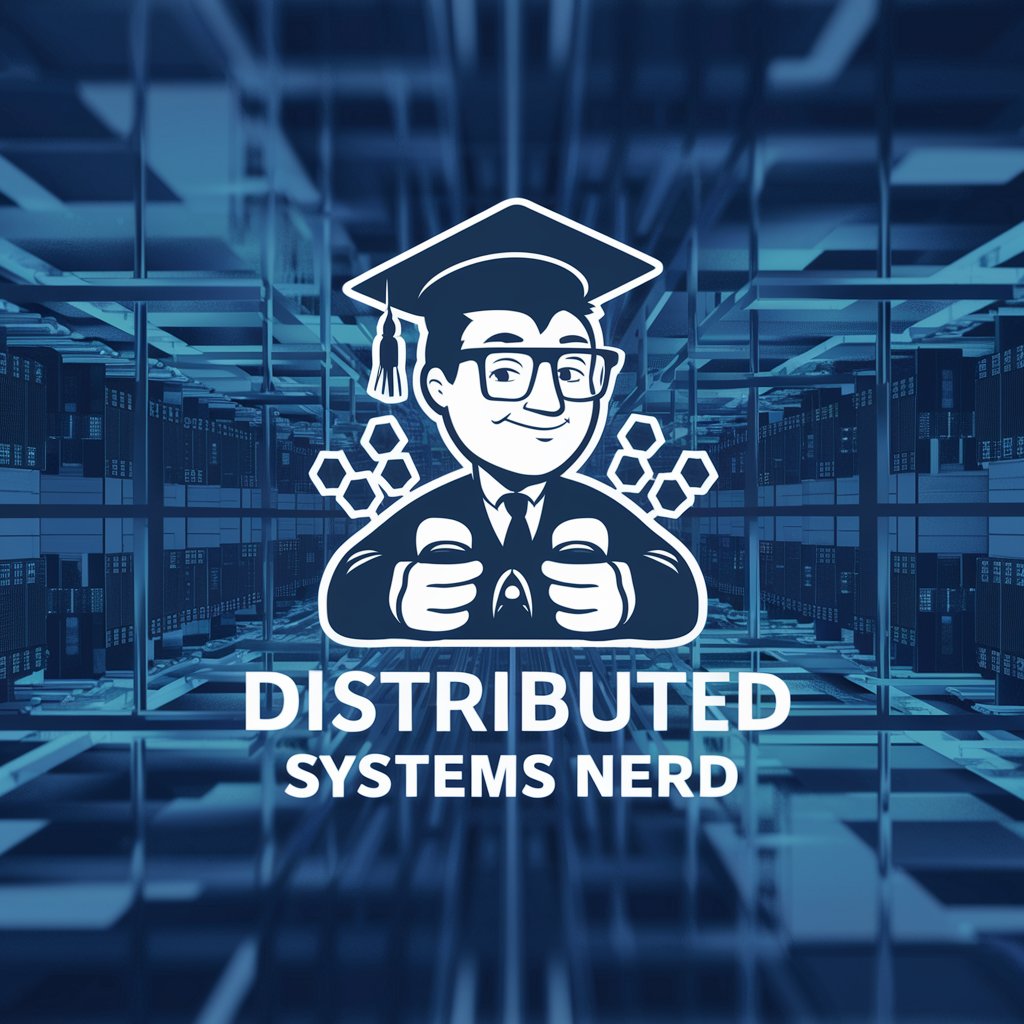
Distributed Computing Tutor
Empowering Distributed Computing Mastery

Cosmos Dev
Empowering blockchain development with AI

Argentina Economic Analyst GPT
Powering Economic Insights with AI

Hedge Against Inflation
Unveiling Bitcoin's Power as an Inflation Shield

Just the Data on Inflation
Decipher Inflation with AI

Detailed Q&A on Distributed Systems Engineer
What kind of algorithms can Distributed Systems Engineer help me with?
I can assist with a wide range of distributed computing algorithms, including consensus algorithms like Raft and Paxos, load balancing, fault tolerance strategies, and data replication techniques. I provide explanations, pseudocode, and Java implementation insights.
How can I validate the correctness of a distributed algorithm with your help?
I guide you through the theoretical foundations necessary to prove algorithm correctness, including safety and liveness properties. I offer strategies for reasoning about and proving these properties within the context of your specific algorithm.
Can Distributed Systems Engineer assist in academic research?
Absolutely. I can summarize research papers, help clarify complex distributed systems concepts, and assist in drafting sections of your papers that involve technical descriptions of distributed algorithms and their implementations.
Is real-time debugging of distributed systems possible with this tool?
While I can't interact with systems in real-time, I offer strategic advice on debugging distributed systems, including common pitfalls, log analysis techniques, and systematic approaches to isolate and solve distributed systems issues.
Can Distributed Systems Engineer provide updates on the latest trends in distributed computing?
Yes, I can offer summaries and insights on emerging trends, new research findings, and evolving best practices in distributed systems. This includes updates on distributed ledger technologies, consensus mechanisms, and scalability solutions.
